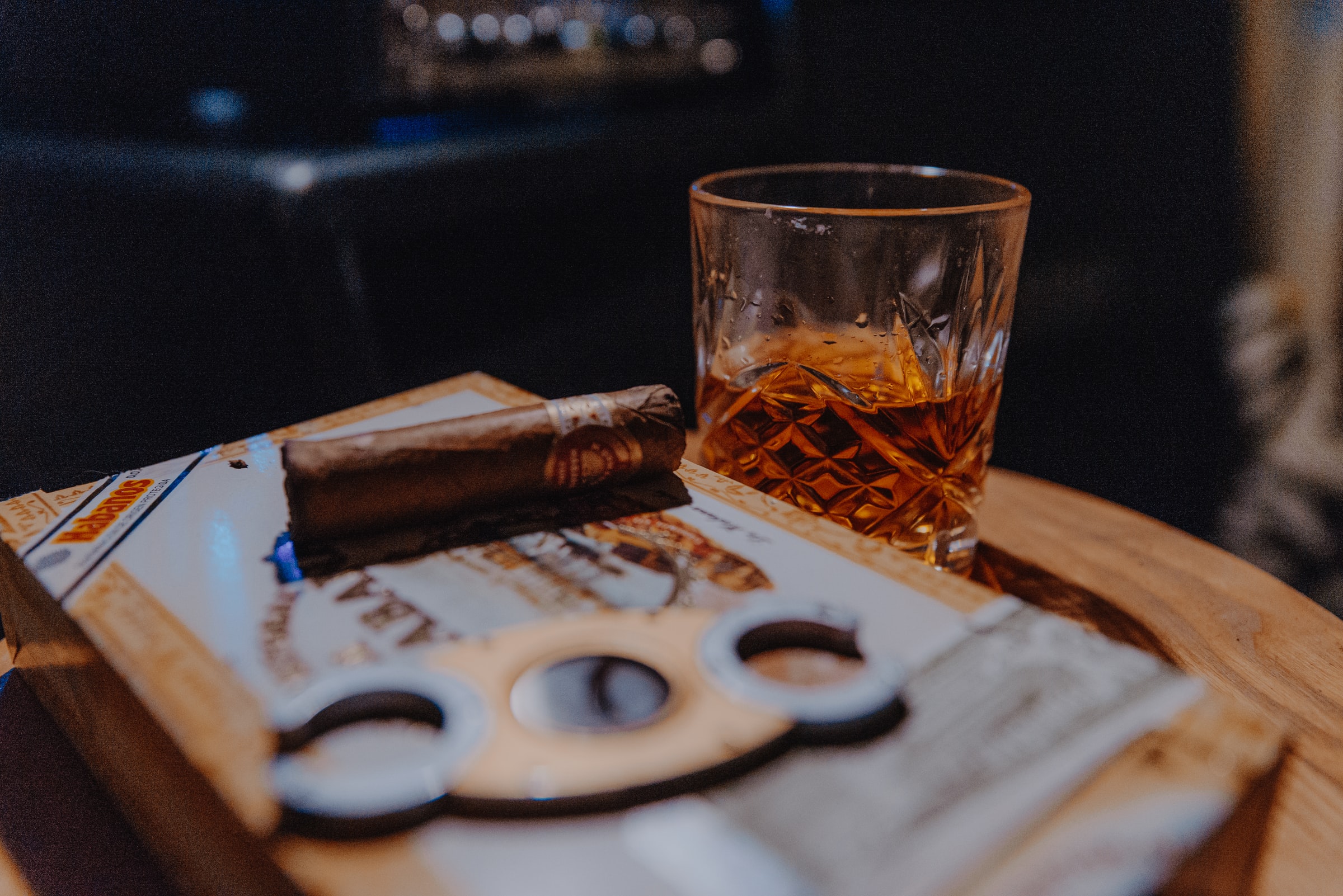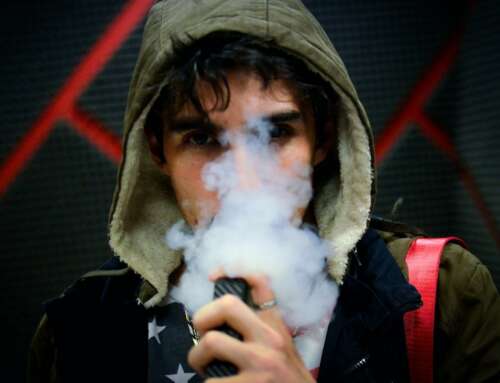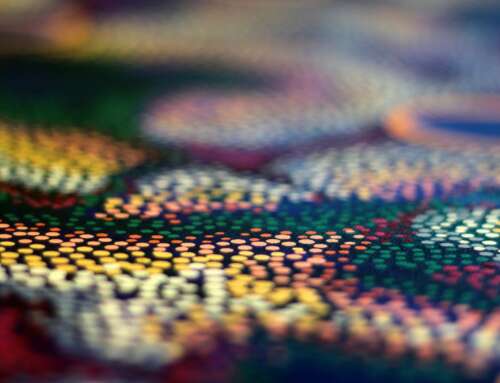YOU’RE sitting around the barbie at home and you hand your 16-year-old son a beer.
As a responsible parent, you think introducing moderate drinking practices early on is a sensible solution to under-age binge-drinking. You may not be breaking any laws in NSW — parents and legal guardians can supply their underage child with alcohol in a private setting as long as it’s in a responsible manner. But experts agree letting a child under 18 drink — or even sip — alcohol should be avoided or delayed for as long as possible.
The National Health and Medical Research Council National Guidelines state children under 15 should not drink at all, as they are at the greatest risk of harm. And those aged 15 to 17 should delay drinking as long as possible. Studies show the most dramatic changes occur in the brain during the teenage years; in fact the brain does not stop developing until the age of 25. And alcohol disrupts this very important developmental phase, particularly in the brain’s frontal lobe and hippocampus, the areas associated with motivation, impulse control and addiction.
Thankfully, the message is getting through, says Paul Dillon of Drug and Alcohol Research and Training Australia (DARTA). Statistics show the number of under-18s drinking alcohol has dropped consistently since 2000. In 1999, 89 per cent of children aged 15 to 17 had tried an alcoholic drink, a figure that dropped to 68 per cent in 2014, according to DARTA. Dillon says what is even more encouraging is the number of 17-year-olds who have never tried alcohol, a figure that has grown from 9.1 per cent in 2011 to 13.1 per cent in 2014. “Parents should be really heartened by these figures,” Dillon says.
“We live in a world where we tend to focus on the things teenagers do wrong but, as these figures show, a very large chunk of kids are doing the right thing.” Dillon says there are several reasons why underage drinking has dropped, not just in Australia, but across the world.
Firstly, parents are getting the message that delaying the age kids have their first drink is critical and, secondly, kids are aware of the implications of embarrassing images ending up on social media. People who drink too much are also publicly mocked and humiliated. Think of embarrassing media images of Melbourne Cup overindulgence or sportspeople caught behaving badly after a big night out. “There’s also been a big change in the perception of non-drinkers among their own peers,” Dillon adds.
“It used to be that the person who didn’t drink was the dag or the uncool kid, but going into schools to talk to kids, I’m now noticing those who choose not to drink are looked upon as a valuable member of the group. They’re affectionately labelled ‘my non-drinking friend’ rather than teased about it.”
– Mercedes Maguire
Read More: Teenage Binge Drinking: Why Parents Should Delay the Age Kids Have Their First Drink
Photo Source – Unsplash








Leave A Comment